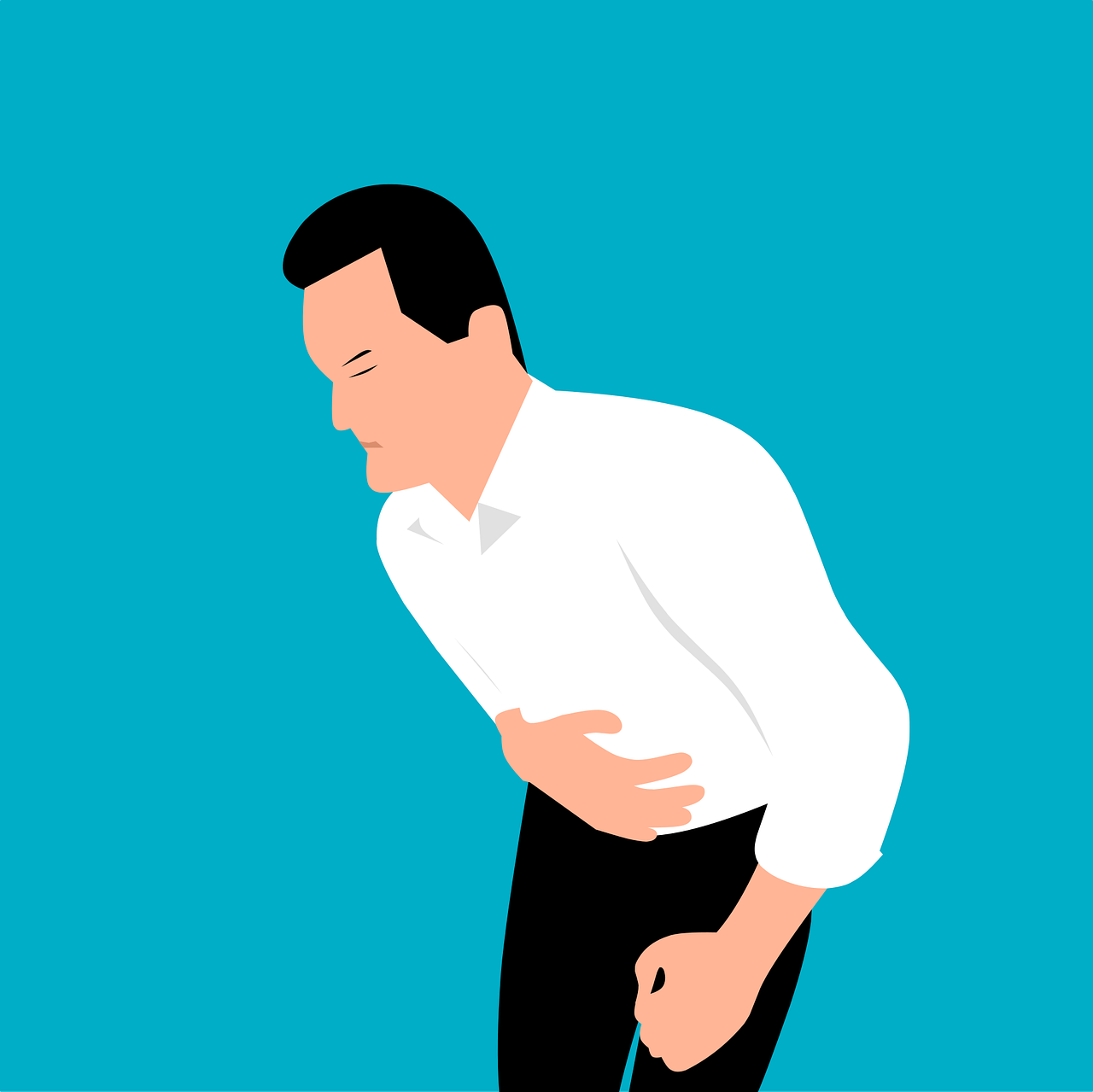You’ve probably spent more time dissecting your mental health over the past several years than any other time in your life, and for good reason. A pandemic or political upheaval is enough on its own to cause severe stress, but put them together and we all feel like we might spontaneously combust.
Things are not quite what we are used to these years, and the same goes for mental health coaching. This is not to say that the advice you have received in the past is not valid. It just doesn’t apply to life today.
We asked experts to share some mental health advice that doesn’t really apply to this time in our lives, and how you can help take care of yourself. Here’s common mental health advice you should ignore right now:
Stay off social media.
Instagram rarely looks like reality, and temporarily deleting the social media app may help you manage your mental health. Many experts also generally recommend unplugging completely and staying away from screens.
But it’s likely that your phone or computer has become a lifeline to some semblance of normalcy, whether it’s attending weekly Zoom happy hours with friends or scrolling through your feed in an effort to feel connected to what’s going on in the world .
Social media is truly a double-edged sword, keeping us connected to others and helping us find support groups. On the other hand, it can also be a significant source of misinformation and can lead the most secure among us to compare our seemingly mundane lives to others who appear to be on extraordinary adventures.
In order to reap the benefits of connection and community while protecting your mental health, it’s important to be intentional about what you’re seeking. The app algorithm will serve you more of the content you’ve already seen, so instead of scrolling through the news, include some inspirational quotes, healthy recipes, cute puppies, or other content that makes you smile.
Focusing on the positive.
There is a time and place for this, but it is important to acknowledge the reality of your situation, the difficult feelings you are feeling, and respect that those feelings exist. You can then start from this starting point to heal and manage those challenging feelings and issues.
Sometimes you just can’t muster the gratitude and optimism, and that’s entirely true. In fact, focusing too much on the positive may be what experts call “toxic positivity,” which can do more harm than good to your mental health.
Distracting your mind.
There’s nothing wrong with having a little diversion — say, a new morning routine or fitness routine to break up the monotony of being stuck at home for long periods of time. Just don’t think that keeping your brain busy will solve all your problems.
We cannot trick our bodies into believing that we are okay. Ultimately, we have to deal with our feelings. In this case, a practice like meditation can be a helpful new habit because it focuses on noticing rather than judging thoughts and feelings, rather than ignoring or suppressing them.
Saying “yes” to all opportunities.
In the past, you may have been told to let go and open yourself up to new experiences, people, and interactions. But don’t say “yes” if you don’t want to.In fact, it’s easier to say no.
It’s good to say no to things that don’t feel comfortable on a gut or emotional level, whether it’s a new opportunity or just a walk with someone who doesn’t take COVID precautions seriously enough for you. Saying yes when you don’t want to will only lead you into more confusion and negativity.
There should be a focus on self-acceptance: don’t judge yourself when you don’t want to do something, and hold yourself accountable for doing what you want to do, not what you think you should do.
Seeing any therapist.
Therapy is a very effective way of managing mental health, and you don’t need to have a diagnosable condition to benefit from talking to a professional. However, in order for the process to go smoothly, it’s important to find the right person.
Not everyone is cut out to be someone’s therapist, and once you decide you’re ready to talk to someone, you’ll have to shop around. You have to find a good fit or the job really won’t get done.
Thankfully, there are more resources than ever when it comes to finding the type of treatment that’s right for you.
The pandemic created a need and space for virtual tools and telehealth options that began to take off in the behavioral health field, making behavioral health treatment options more available and accessible.
Take the time to research your health insurance plan’s in-network providers or see if there are any free or income-based mental health services in your area that you might qualify for. Find federally qualified health centers through the Health Resources and Services Administration. You can also ask your therapist if they can work with you on a payment plan—some may adjust their fees based on your financial situation. You’ll find that many local hospitals also offer telemedicine behavioral services, and these services often cost less than an in-person visit.
What’s the only exception to this rule? If you are in crisis. If you are at risk of harming yourself, it is crucial to seek help immediately. It is possible to feel better.



